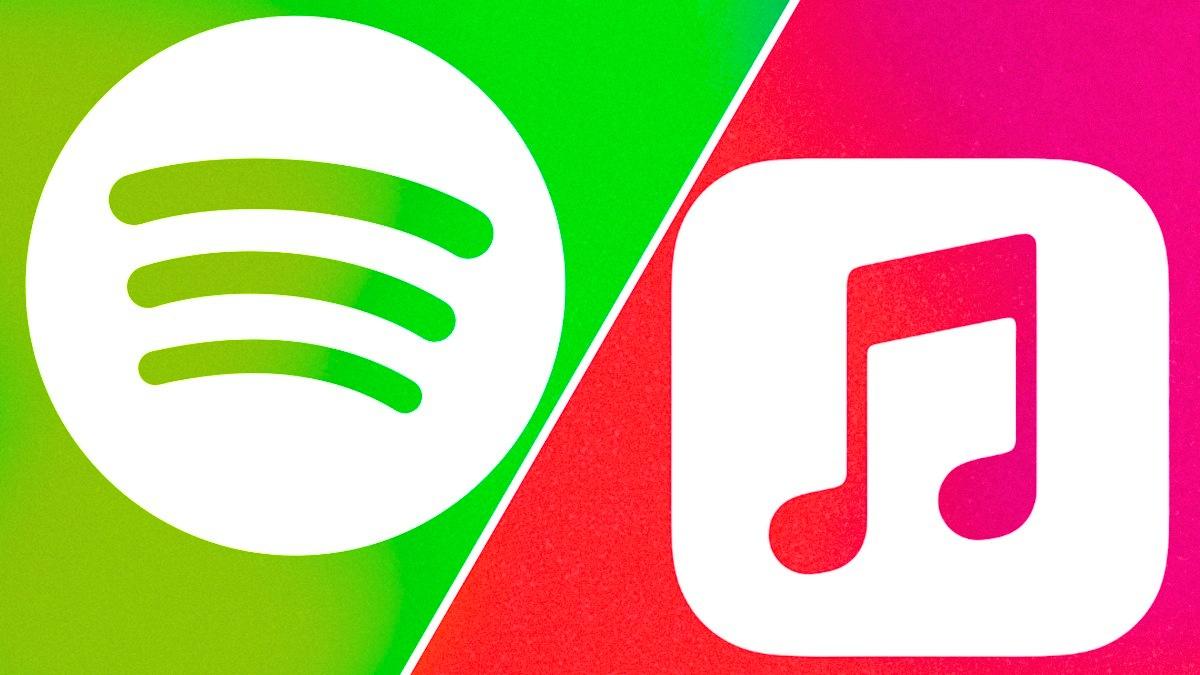Don’t be surprised to see a Netflix Documentary about this someday.
Spanning over a decade, the clash between Apple and Spotify has grown into a major story in tech and music streaming. With developments now coming in almost weekly, this long fight highlights the deep competition and legal battles between these two giants.
Here is a detailed timeline of the key events that have shaped their enduring conflict:
2007-2008: The Genesis
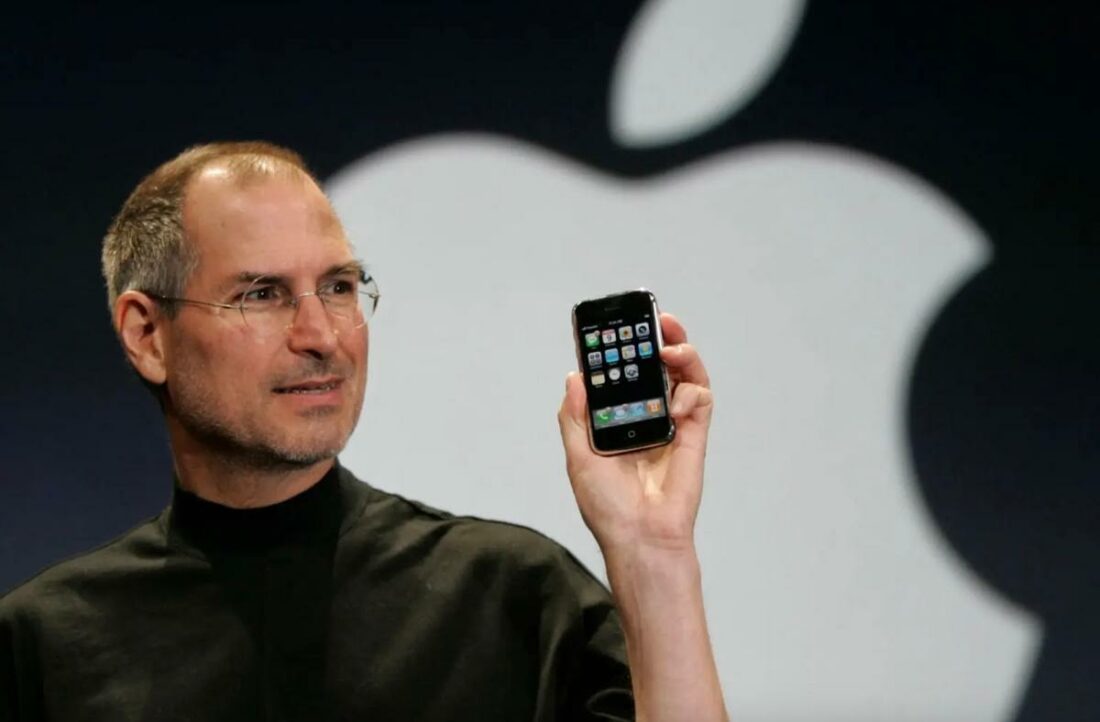
Apple’s iPhone began a new chapter in mobile computing when it was launched in 2007. But, the real game-changer came in 2008 when Apple launched the App Store, opening its doors to outside developers.
Initially hesitant about third-party apps, Apple soon realized the growth potential an open ecosystem offered. This move promised developers access to a vast, untapped user base, changing the app development landscape forever.
Simultaneously, 2008 also welcomed Spotify into the scene. Launching at the year’s end, Spotify quickly made its service available on the App Store, keen on tapping into the mobile user market.
2010-2011: New App Store Fee
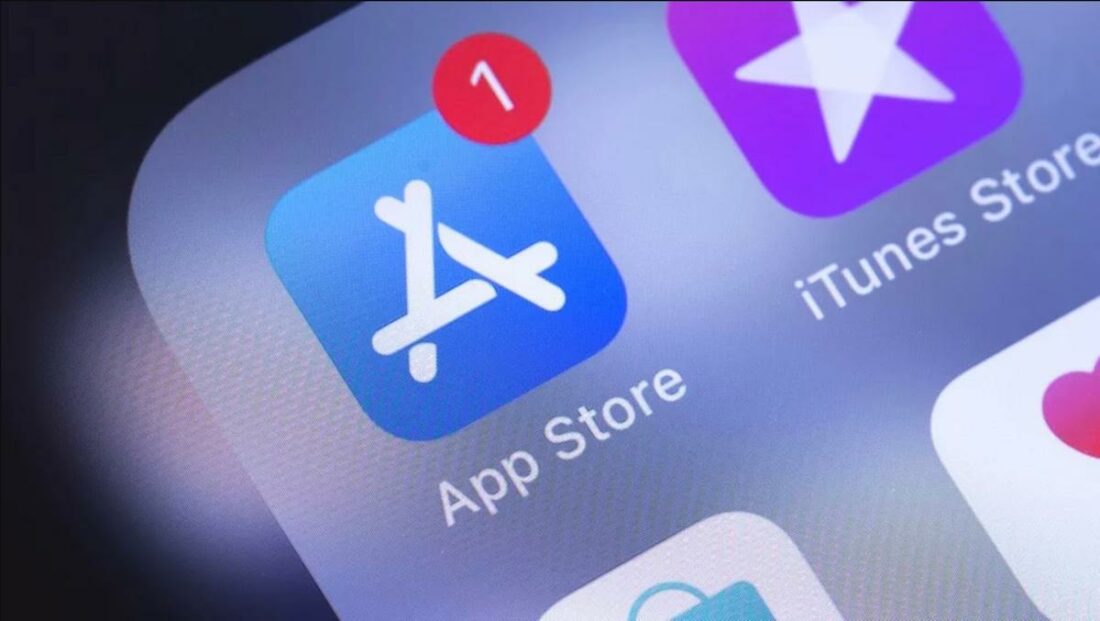
Apple made significant changes to its App Store Guidelines between 2010 and 2011.
One of the most notable changes was when Apple added the In-App Purchase (IAP) system and a 30% fee on subscriptions made using the App Store. This includes the rule that Spotify (and other apps) cannot advertise that users can also upgrade via the Spotify website at a lower price since it won’t include a 30% fee.
This new policy forced Spotify into a tough position: either accept the fee and lose a significant revenue portion or look for other payment methods and potentially alienate its user base. In the end, Spotify chose the latter.
Spotify expressed its frustration in a statement, saying:
2011-2015: Escalating Tensions Due to Rejections and Restrictions
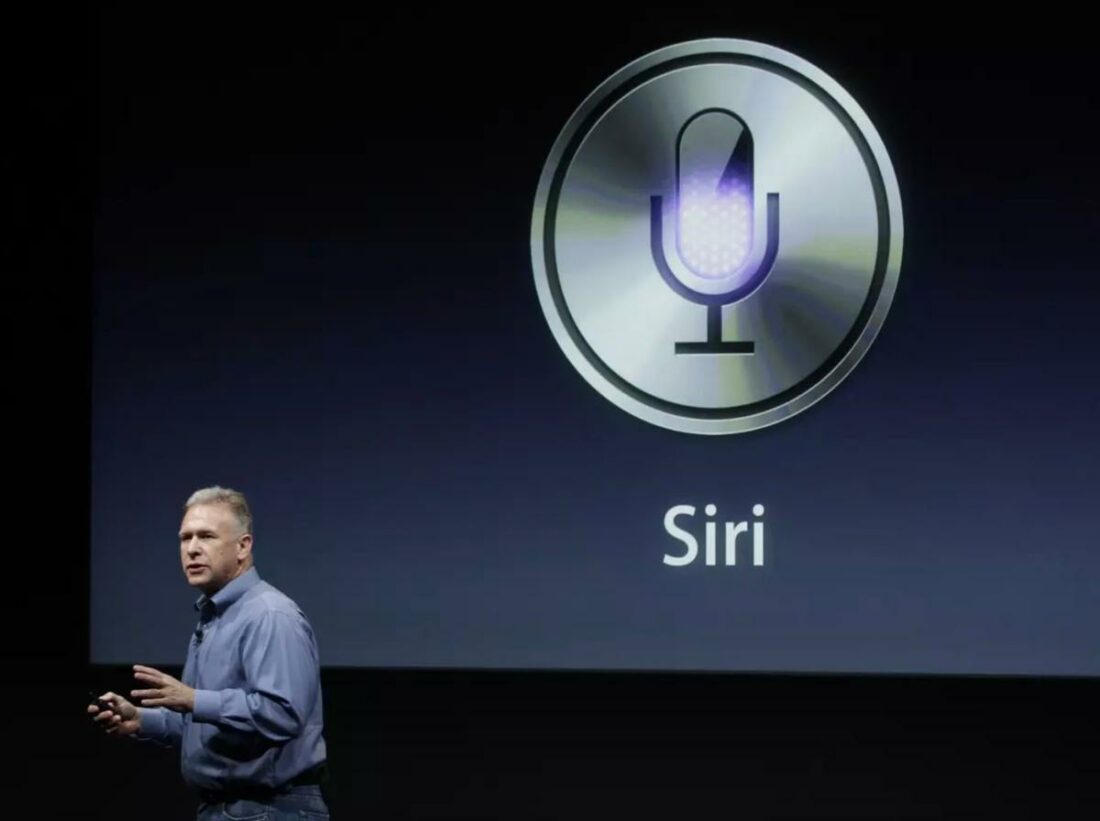
From 2011, the struggle between Apple and Spotify intensified.
The issues grew when Siri was introduced in 2011. Siri wouldn’t play music from Spotify, showing how Apple restricted Spotify’s features. This was just the start of Apple limiting what Spotify could do on its devices.
For three years, from 2011-2014, Spotify claimed that it received pressure from Apple to use the IAP system for subscriptions. This led to Spotify finally trying the system in 2014. Unfortunately, this made Spotify raise its subscription price because of Apple’s 30% fee.
However, the restrictions didn’t change. In 2015, when the Apple Watch came out, Spotify wanted to make an app for it. But Apple allegedly said no, even though other apps were allowed. This move showed Apple’s control over which apps could be on its devices, making it harder for Spotify to compete.
2015-2016: The Birth of Apple Music
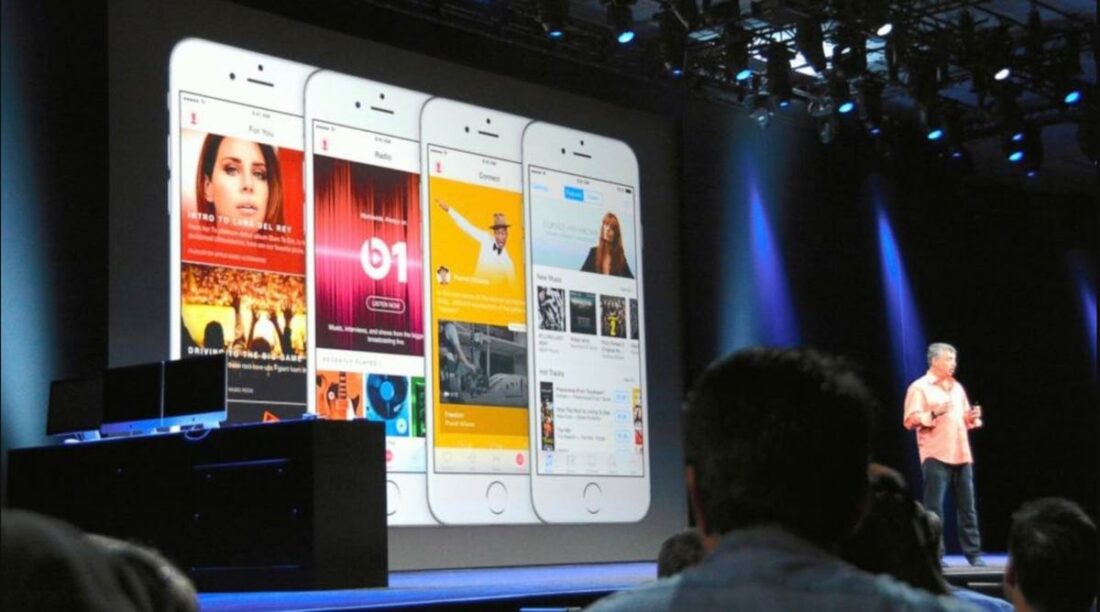
The same year as Apple Watch’s release, Apple started its own music service, Apple Music.
Unlike Spotify, Apple Music wasn’t affected by the 30% fee, allowing it to charge less for subscriptions. This made it look like Spotify was overcharging its customers, even though it was Apple’s fees that caused the higher price.
In response, Spotify stopped using Apple’s payment system to avoid the high fees in 2016. But, according to Spotify, this led to Apple rejecting Spotify’s app updates more frequently, especially during Spotify’s sales promotions.
2019-2023: Spotify’s Antitrust Complaint and EU Investigations
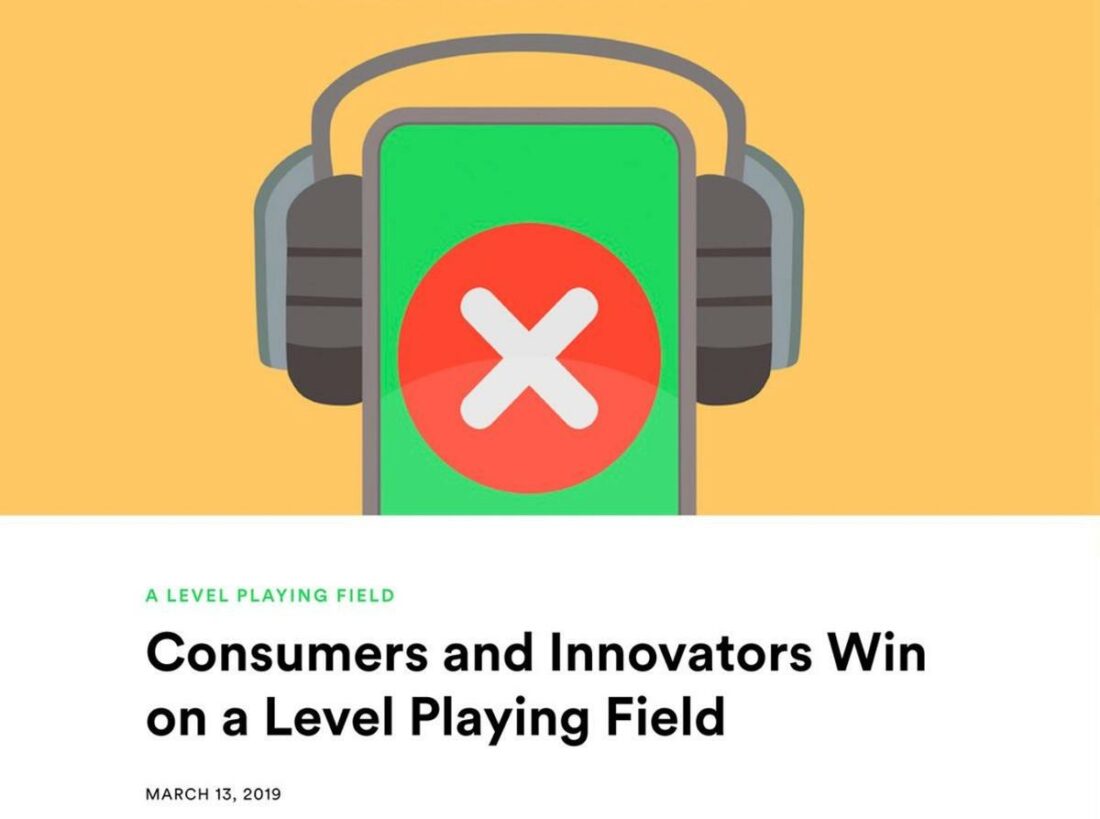
In March 2019, Spotify escalated its conflict with Apple by lodging an antitrust complaint with the European Commission (EC).
Spotify argued that Apple’s App Store policies unfairly limited competition and stifled innovation.
This is emphasized in a statement by Spotify’s CEO, Daniel Ek, released on Spotify’s blog.
“Apple has introduced rules to the App Store that purposely limit choice and stifle innovation at the expense of the user experience. They act as both a player and referee to disadvantage other app developers.” he says.
“This tax forces us to inflate the price of our Premium membership well above the price of Apple Music, which isn’t fair to our customers.”
But the complaint isn’t just about the finances.
Spotify also accused Apple of imposing restrictions that limited its ability to communicate with customers, update the app, and maintain a competitive edge. These actions included limiting Spotify’s ability to reach its iOS app users and blocking access to Apple services like Siri, HomePod, and Apple Watch.
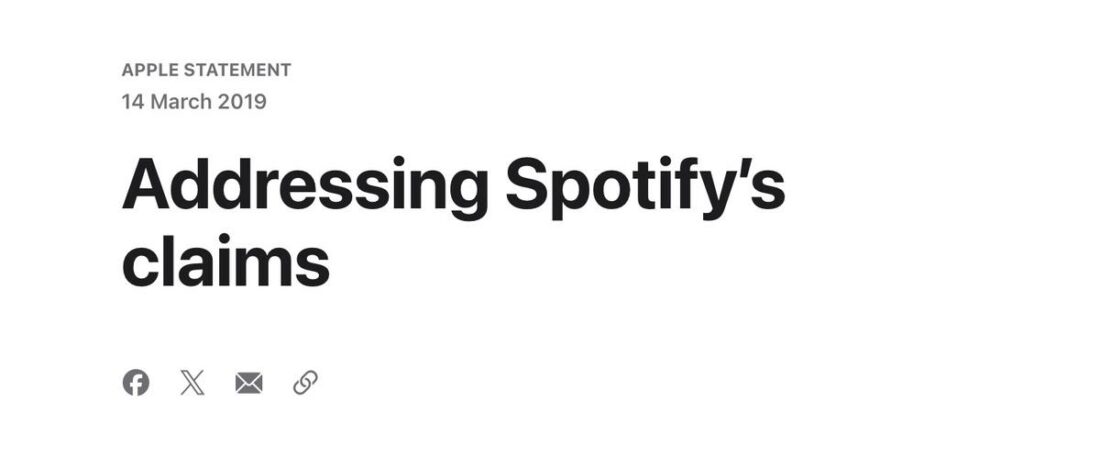
Apple responded to these allegations in a statement published on its website. Here, it emphasized the App Store’s role in fostering innovation and supporting developers, including Spotify.
Apple defended its policies and fees as necessary for maintaining the App Store’s security and trustworthiness. This suggests that these measures were crucial for protecting users and supporting developers.
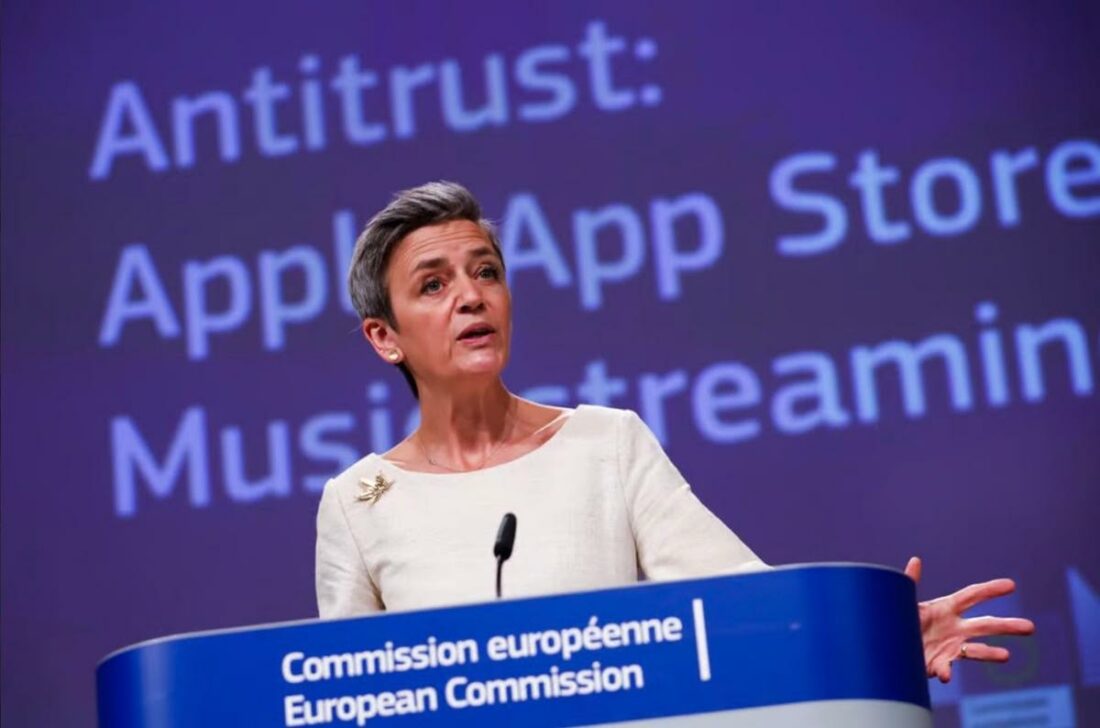
Reacting to Spotify’s complaint, the European Commission initiated a thorough investigation into Apple’s App Store rules.
By 2021, the Commission had preliminarily found Apple’s policies potentially anti-competitive. They particularly criticized how Apple’s rules could distort the market against developers and consumers.
2024: EU’s Ruling and Further Name Calling
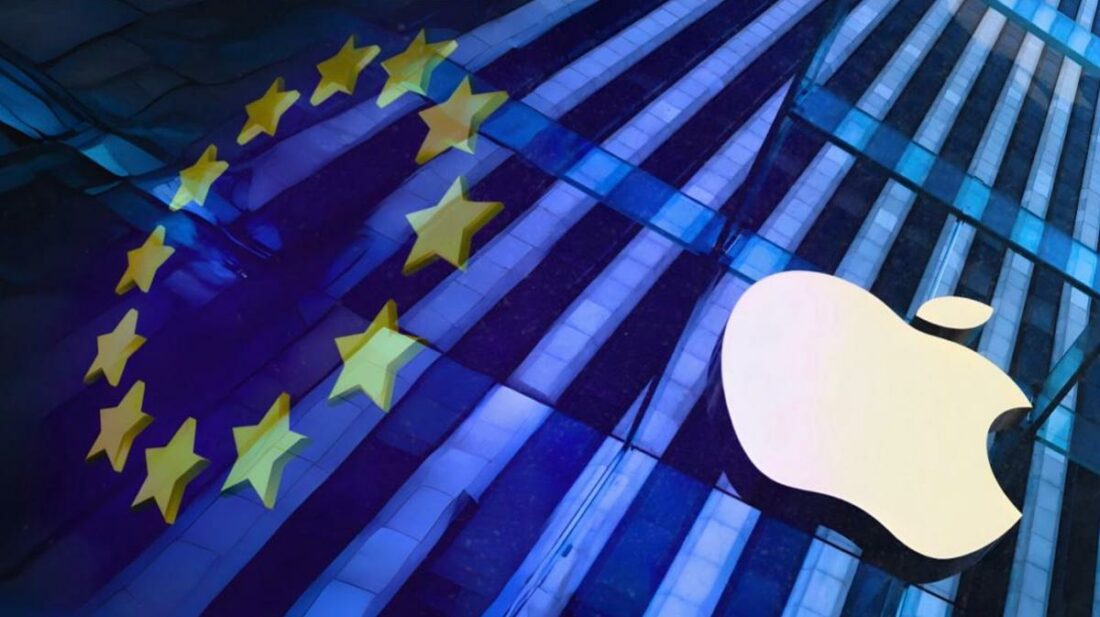
In a significant turn of events, the European Union (EU) fined Apple a massive €500 million in February 2024 as they progressed in their investigation.
Both Apple and Spotify were quick to respond to the EU’s ruling.
Apple defended its position, emphasizing the App Store’s role in Spotify’s rise to becoming the top music streaming service in Europe.
“We’re happy to support the success of all developers – including Spotify, which is the largest music streaming app in the world.” says Apple in a statement.
“Spotify pays Apple nothing for the services that have helped them build, update, and share their app with Apple users in 160 countries spanning the globe. Fundamentally, their complaint is about trying to get limitless access to all of Apple’s tools without paying anything for the value Apple provides”.
On the other side, Spotify saw the fine as a victory for fair competition. The company also argued that its success was achieved despite Apple’s policies, not because of any support from Apple.
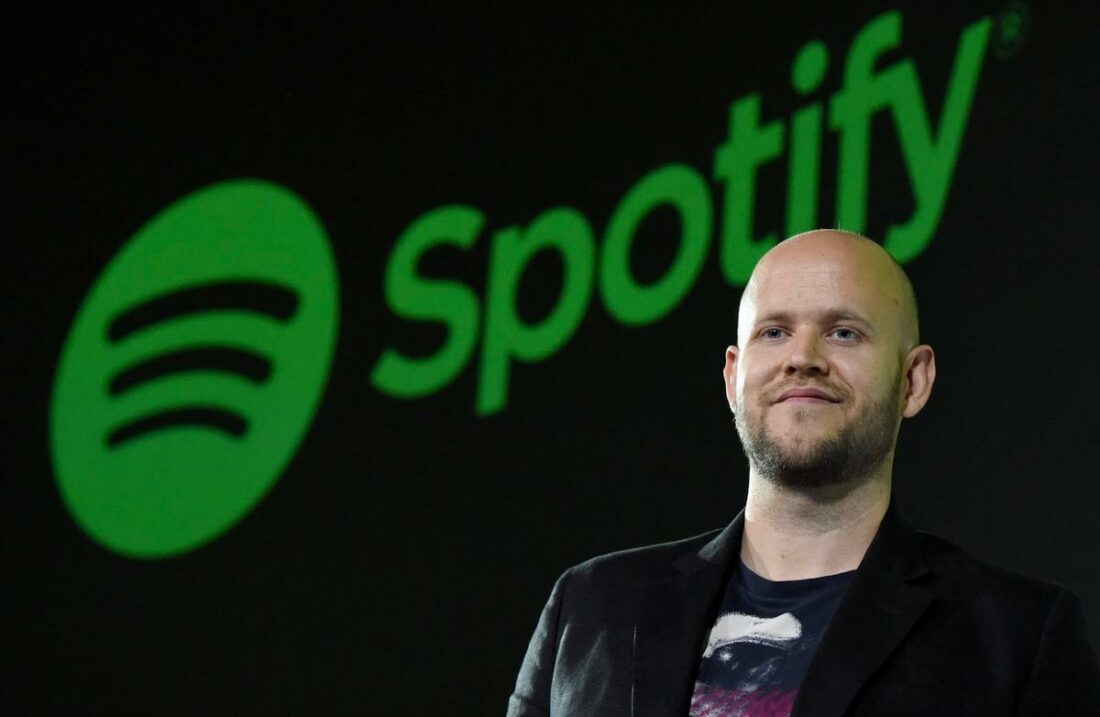
“Spotify’s success has happened despite Apple’s best efforts to gain an artificial advantage by favoring their own music service at every turn while placing roadblocks and imposing unfair restrictions on ours.” says Spotify.
“This is not a level playing field. We support the European Commission and trust that they will take action soon to create a fair ecosystem for everyone involved.”
As seen in these recent statements, the dispute is far from over. And, the tech community, as well as the users, are waiting for future updates.
